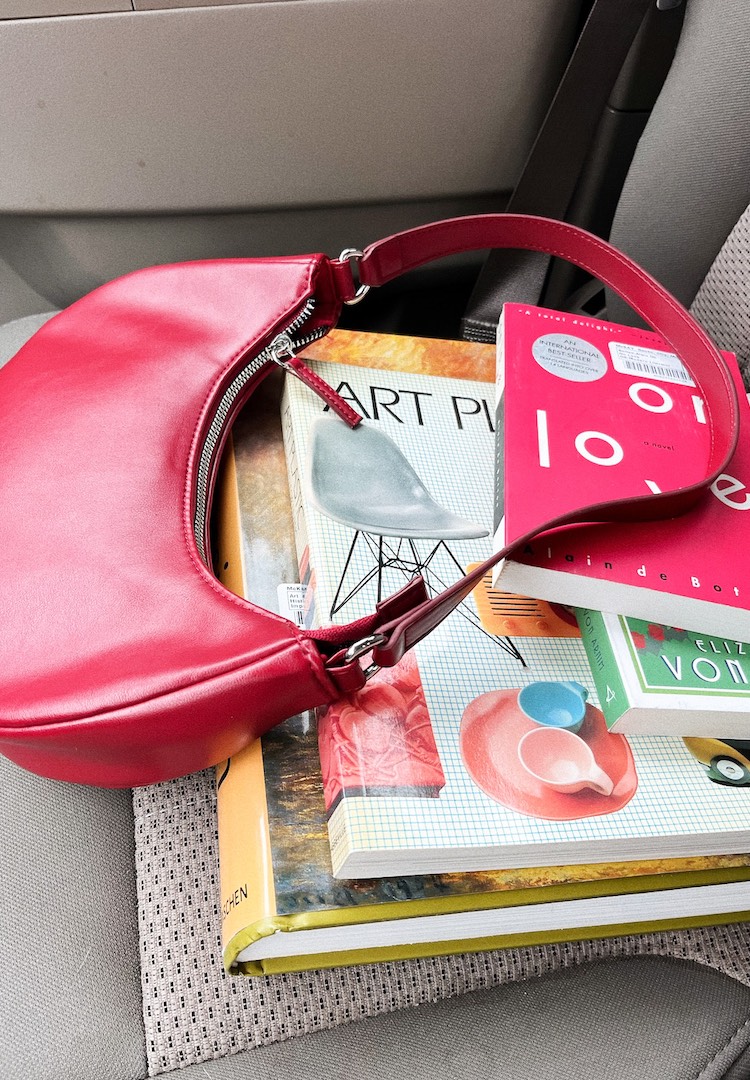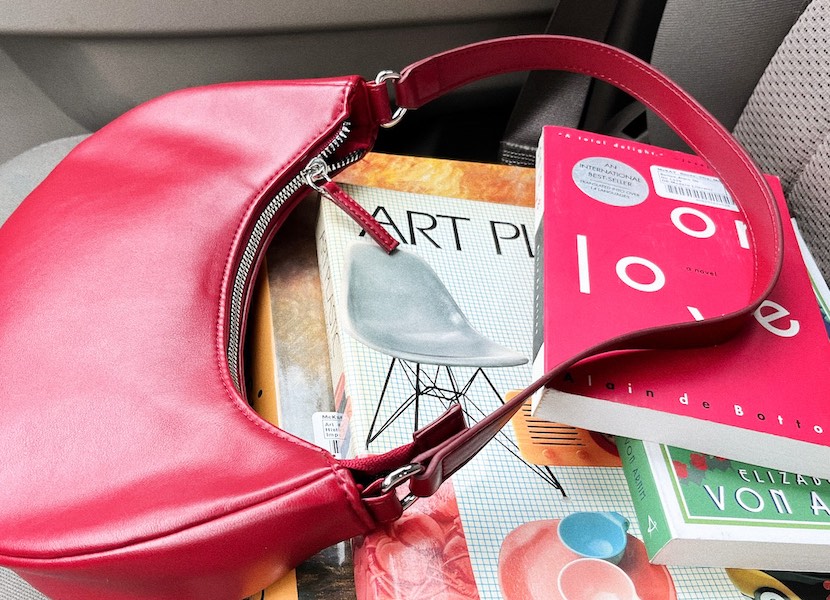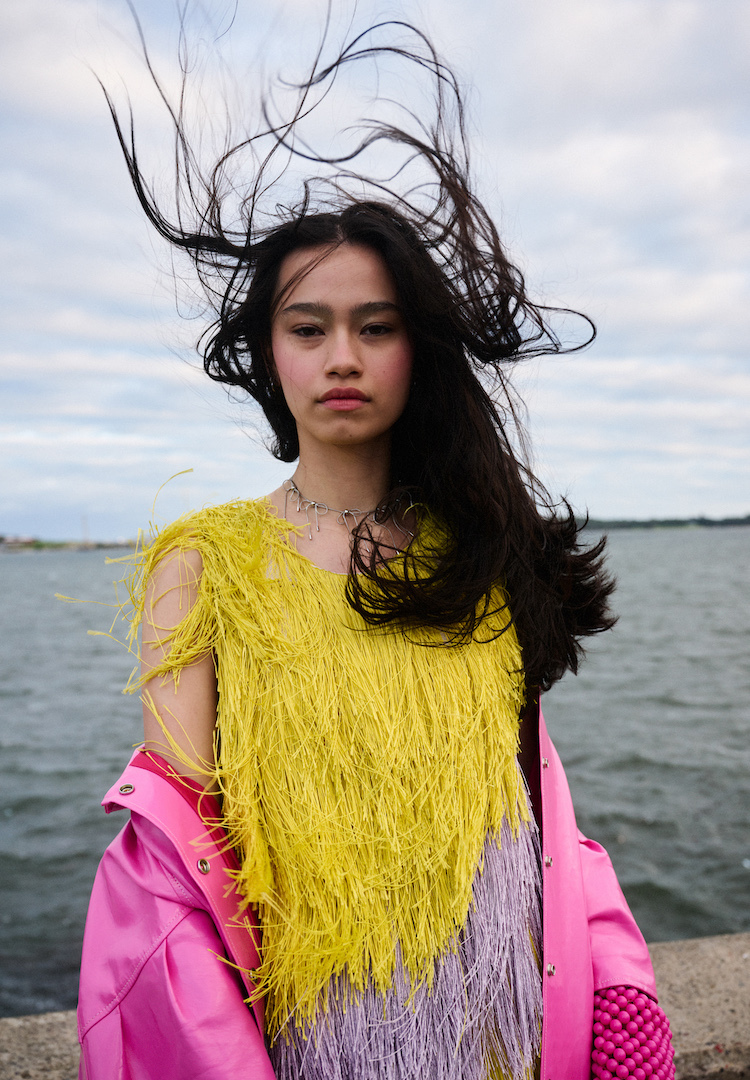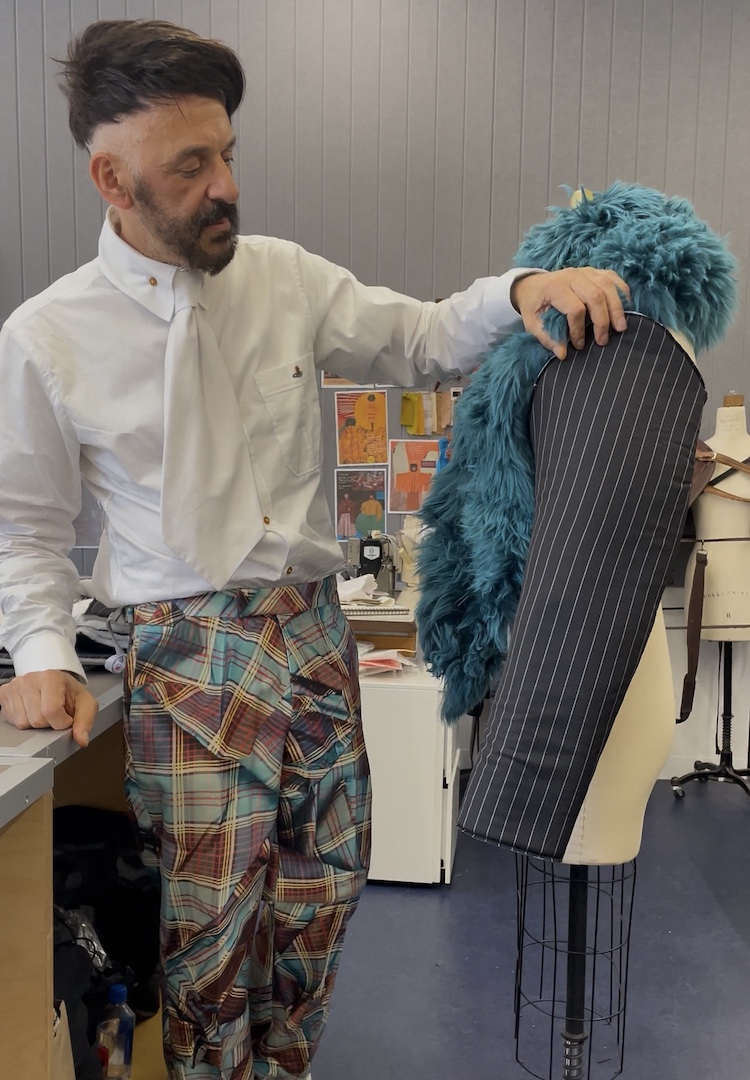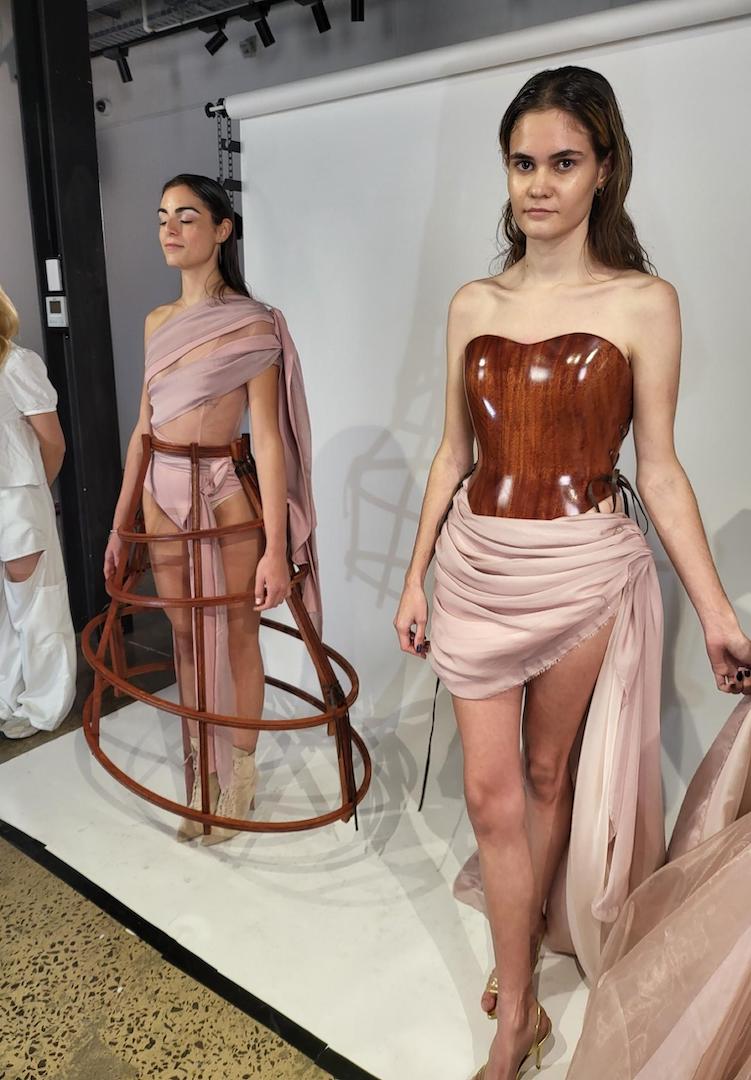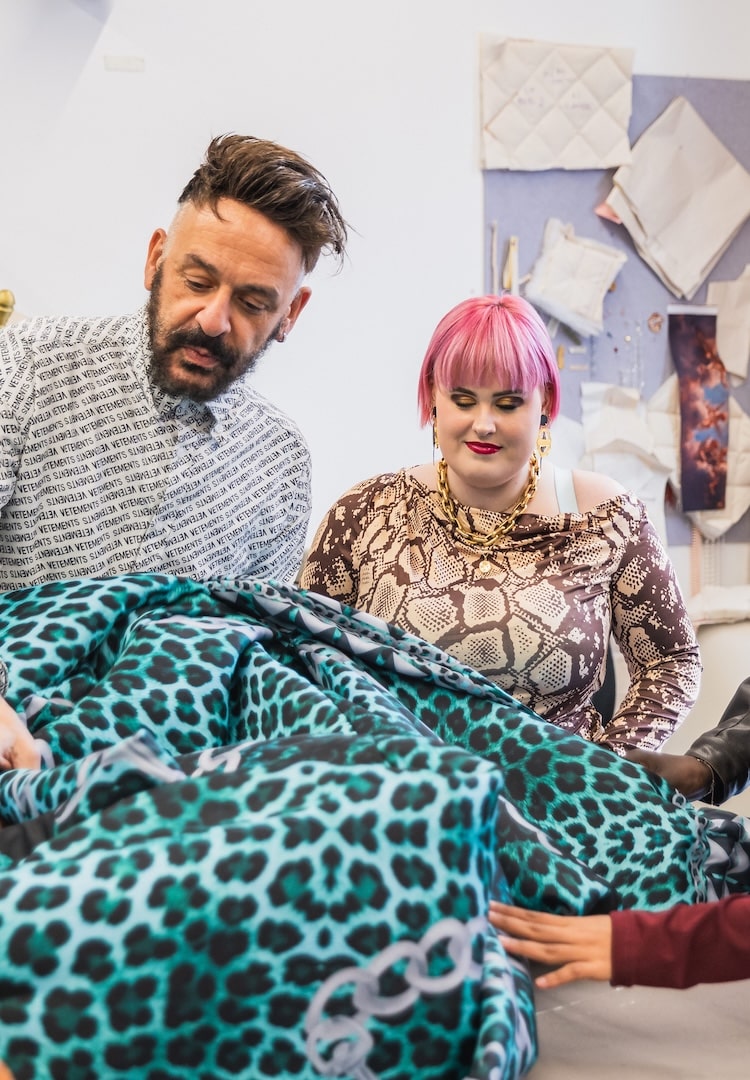So you want to study design? Here’s what you need to know first
IN PARTNERSHIP WITH LCI MELBOURNE
WORDS BY FASHION JOURNAL
A guide for anyone looking to take their next step.
Anyone with even a slight creative streak will have, at one point, toyed with the idea of a career in design. From the outside looking in it seems pretty idyllic, bringing your creative vision to fruition on a day-to-day basis.
Those who work in design typically love their work, but often assure us there’s a lot behind the scenes that you might not expect. Depending on their role, designers often need to navigate bookkeeping, brand style guides, budgets, deadlines, client demands, a range of software and plenty more outside the strict realm of design.
The creative industries are booming right now, so it’s a great time to start building a career in the sector. For those considering a design career, it’s a smart idea to have a realistic picture of what this might look like. From different pathways to the nitty gritty, here’s what to know before you take the leap.
What is design, really?
You may envision drawing dresses on illustrated mannequins or making Pinterest boards of interior spaces, but have you considered animation? Visual arts? Photography? These all fit within the broad umbrella of design.
A good design degree will introduce you to the many facets of design and give you space to explore these while you work out exactly what clicks. I’ve had friends convinced they wanted to study fashion design, only to hate patternmaking. Graphic design is where they found their feet. Similarly, I’ve had friends sold on a career in photography who then found it limiting, and moved on to art direction instead.
For those considering formal study, look for a course that allows you room to ‘play’. LCI Melbourne offers a Bachelor of Design Arts that integrates a wide range of design principles, so you can find what sectors best align with your strengths and passions. For example, students can major in fashion and costume design, filmmaking and photography, graphic and digital design, interactive design, interior design or visual arts, all while dabbling in other areas along the way.
What exactly does a design degree entail?
No one loves every single part of their job, and design is no exception. A design degree should prepare you for the real world and arm you with all the skills you’ll need to succeed. Expect to hone your practical skills through hands-on experiences and professional practice, not just theory. You want to be equipped with the skills and tools to launch your successful creative career.
A good design degree will train you to move between 2D and 3D with ease, teach you the fundamentals of image capture and how to translate this across digital media. You’ll learn to conceptualise, contextualise and prototype. You’ll learn technical illustration, visual manipulation and layout. You’ll develop your creative confidence, as well as your practical skills (expect to walk out a master of Adobe Illustrator).
You’ll get to test and trial and experiment. Look for an institute with industry-standard equipment, software and technology, as well as great facilities to nurture your creativity. You’ll want to thrive in a supportive environment that champions creativity, diversity and inclusivity. LCI Melbourne’s boutique campus has a photography studio with a cyclorama, its own fashion atelier with industrial sewing machines, an aerosol workshop, public art gallery and a dedicated design library. It also has personal studio spaces for visual artists, a nice touch for those who’ve always dreamt of their own studio.
At the end of your study, you should walk out armed with knowledge, new skills, professional experience and a portfolio ready to take to market.
If I want to be a designer, do I have to study design?
Many successful designers are self-taught and that might be the right pathway for you. But it’s worth noting a bachelor’s degree will bolster your CV and a strong portfolio, shaped by academic mentors and their expertise, may seal the deal.
Consider what’s putting you off formal study. If it’s time or money, LCI Melbourne offers accessible, affordable and accelerated creative education as part of one of the world’s largest global creative education networks.
If you’re adamant a design degree isn’t your best option, it’s worth considering what might help you succeed instead. Your creatively-inclined brain might benefit from more business acumen, particularly if you want to go out on your own.
There’s a lot that goes into building a brand and running a business: risk management, problem-solving, trend forecasting, marketing, people management, finance and corporate social responsibility are all important to success.
To give you the best chance of success, LCI Melbourne offers a Bachelor of Entrepreneurship (Creative Industries) that’s specially designed to support those wanting to work in creative industries, like art, media and design. It’s been crafted to blend business acumen and creative spirit, allowing creativity to shine through so its graduates don’t leave bogged down in details beyond their expertise.
What if I change my mind after study?
Though you might have your heart set on design right now, life is full of unexpected twists. You may finish your degree deciding that a career in design is not quite right for you. That’s great, you’re now one step closer to finding your thing.
If you’ve chosen the right degree, you’ll have experienced a personalised journey tailored to you, your skills and your interests. You should still have a smorgasbord of career pathways at your fingertips that don’t include the title ‘designer’. You might work in art direction or as a brand strategist. You might pursue a career in social media,or as a sustainability consultant.
If you’ve chosen subjects that interest you and made the most of professional placement opportunities, you’ll be well placed to take the next steps forward in your career. That may mean working as a designer or not, it’s up to you.
Read more about LCI Melbourne’s Bachelor of Design Arts here and Bachelor of Entrepreneurship (Creative Industries) here.


